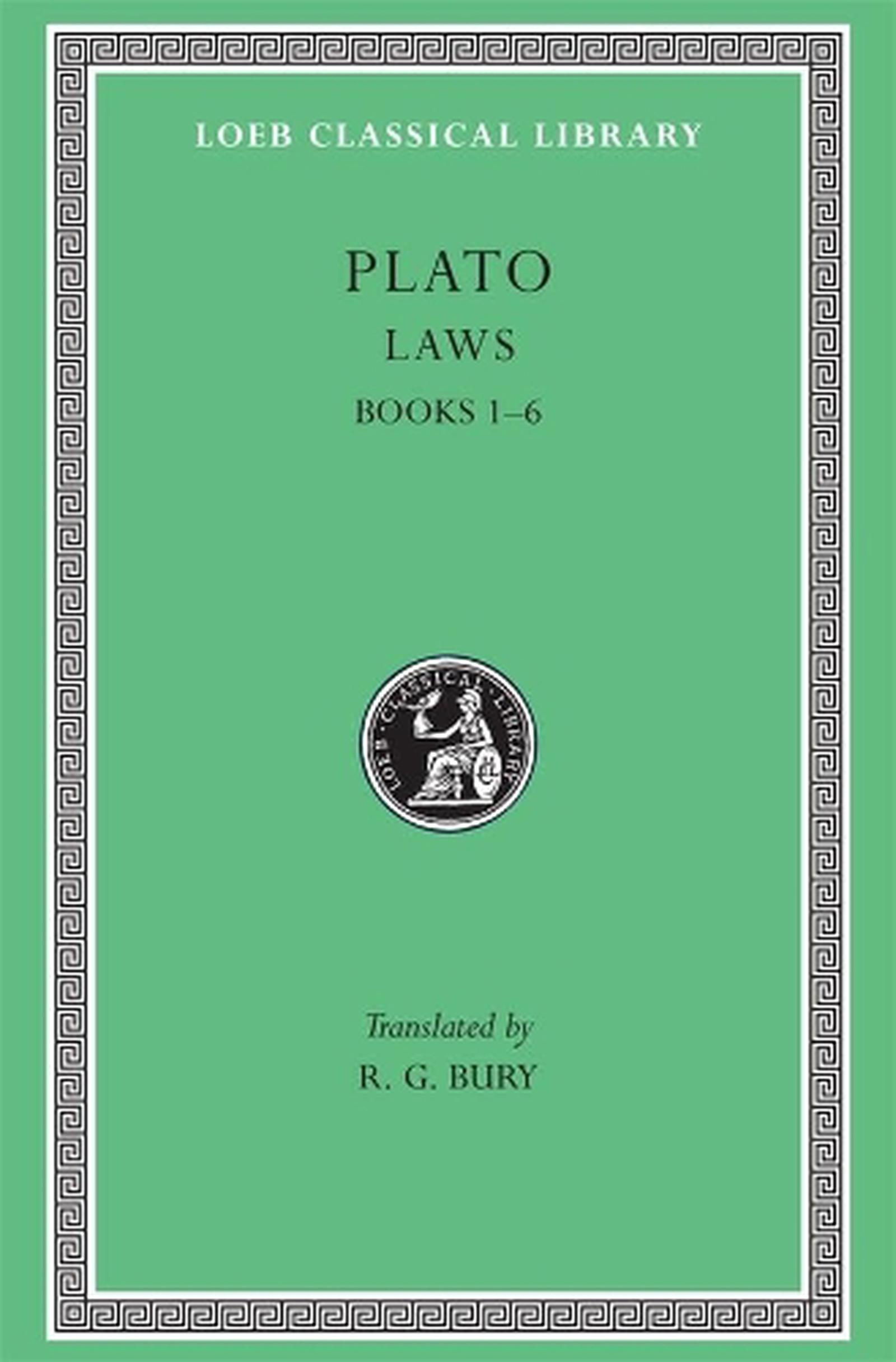Laws, Volume I
,gravity=Center,allowExpansion)
Collect 48 Everyday Rewards points
,gravity=Center,allowExpansion)
Collect 48 Everyday Rewards points
Plato, the great philosopher of Athens, was born in 427 BCE. In early manhood an admirer of Socrates, he later founded the famous school of philosophy in the grove Academus. Much else recorded of his life is uncertain; that he left Athens for a time after Socrates' execution is probable; that later he went to Cyrene, Egypt, and Sicily is possible; that he was wealthy is likely; that he was critical of 'advanced' democracy is obvious. He lived to be 80 years old. Linguistic tests including those of computer science still try to establish the order of his extant philosophical dialogues, written in splendid prose and revealing Socrates' mind fused with Plato's thought.
In Laches, Charmides, and Lysis, Socrates and others discuss separate ethical conceptions. Protagoras, Ion, and Meno discuss whether righteousness can be taught. In Gorgias, Socrates is estranged from his city's thought, and his fate is impending. The Apology (not a dialogue), Crito, Euthyphro, and the unforgettable Phaedo relate the trial and death of Socrates and propound the immortality of the soul. In the famous Symposium and Phaedrus, written when Socrates was still alive, we find the origin and meaning of love. Cratylus discusses the nature of language. The great masterpiece in ten books, the Republic, concerns righteousness (and involves education, equality of the sexes, the structure of society, and abolition of slavery). Of the six so-called dialectical dialogues Euthydemus deals with philosophy; metaphysical Parmenides is about general concepts and absolute being; Theaetetus reasons about the theory of knowledge. Of its sequels, Sophist deals with not-being; Politicus with good and bad statesmanship and governments; Philebus with what is good. The Timaeus seeks the origin of the visible universe out of abstract geometrical elements. The unfinished Critias treats of lost Atlantis. Unfinished also is Plato's last work of the twelve books of Laws (Socrates is absent from it), a critical discussion of principles of law which Plato thought the Greeks might accept.
The Loeb Classical Library edition of Plato is in twelve volumes.
We provide shipping to most Australian addresses (excluding some areas outside of our courier's delivery zone).
We use a combination of Australia Post, Aramex and Direct Freight Express to get your order to you.
For an accurate shipping cost, add the items you want to your cart and enter your shipping area.
Orders of multiple items may come in separate parcels.
All returns must be started within 30 days of delivery. We kindly request that you don’t try to return the item without letting us know as every situation can be resolved differently.
Sometimes items are damaged during delivery, or have manufacturing defects. If this is the case or you have received an incorrect item, get in touch with us as soon as possible and we will do our best to fix as soon as we know. Visit our contact page to send a query.
Change of mind returns are accepted within 30 days of delivery for most items in resellable and unopened condition. Most items are eligible for free returns however each item in your order may have a different return policy. Some items cannot be returned due to change of mind.
To check the return policy for your item look on each item page for the returns section. Please note that the few items that are not eligible for free returns may incur a re-stocking fee in addition to having to pay for shipping to return the item.
SKU: 9780674992061
Estimated Delivery Time Frame:5-10 business days
Ask a Question About This Product
Reference ID: 15019669